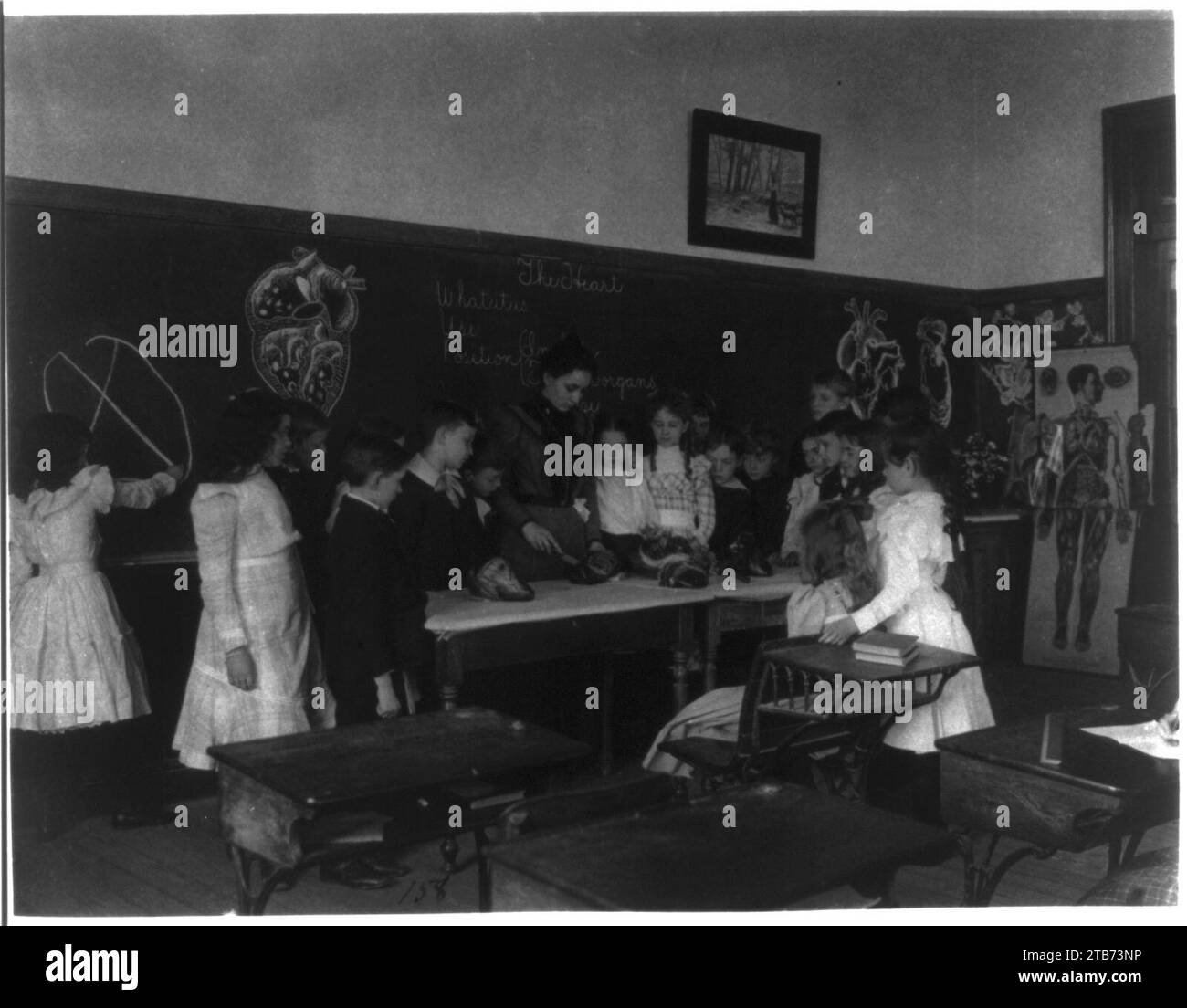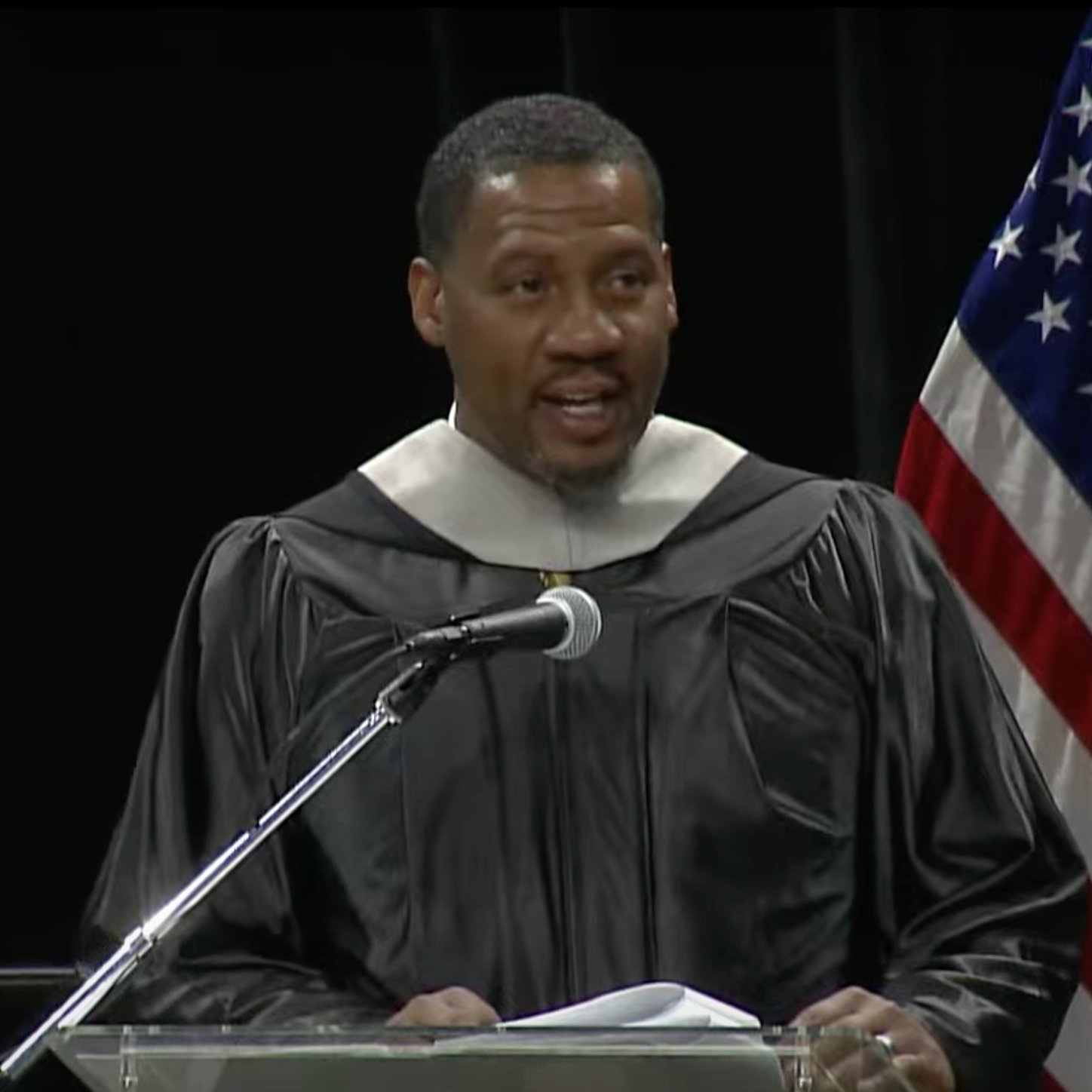Unlocking Educational Excellence: A Comprehensive Guide to Making Informed Decisions About DC Public Schools
DC Public Schools on Twitter: "Many thanks to Principal William Haith - Source twitter.com
Editor's Note: Unlocking Educational Excellence: A Comprehensive Guide to DC Public Schools has been published today. The guide is an essential resource for parents, students, and educators who are seeking information about DC Public Schools.
Our team has analyzed the latest data and conducted extensive research to provide you with the most up-to-date information about DC Public Schools. This guide will help you to understand the different types of schools available, the admissions process, and the academic programs offered.
The tables below provide a summary of the key details you need to know about DC Public Schools:
Transitioning to main article topics...
FAQ: Unlocking Educational Excellence in DC Public Schools
This comprehensive guide answers frequently asked questions about DC Public Schools, empowering parents and families with essential information for their children's educational journey.

Washington, D.C. Public Schools - classroom scenes and school - Source www.alamy.com
Question 1: What are the curriculum standards and assessments used in DCPS?
DCPS follows the District of Columbia Public Schools Standards (DCPS-S), aligned with the Common Core State Standards. Assessments include the PARCC (Partnership for Assessment of Readiness for College and Careers) and other district assessments to measure student progress and inform instructional decisions.
Question 2: What is the role of the DC Public Charter School Board (PCSB)?
The PCSB is an independent body responsible for authorizing and overseeing public charter schools in DC. Its mission is to ensure high-quality educational opportunities for all students, fostering innovation and accountability within the charter school sector.
Question 3: How can I find the best school for my child?
DCPS offers a variety of resources to help families make informed school choices. The My School DC website provides detailed information on each school, including academic performance, programs, and demographics. Additionally, families can attend school tours and community meetings to gather firsthand insights.
Question 4: What support services are available for students with special needs?
DCPS provides a wide range of specialized support services for students with disabilities, including Individualized Education Programs (IEPs), assistive technology, and specialized instruction. Families can access these services through their school or the Office of Special Education.
Question 5: What is the process for enrolling in a DCPS school?
Enrollment for DCPS schools typically begins in the spring for the following school year. Parents can apply online through the My School DC website or visit their local school for assistance. Priority enrollment is given to DC residents, siblings of current students, and students in foster care.
Question 6: What are the opportunities for parental involvement in DCPS?
DCPS actively encourages parental engagement at all levels. Parents can participate in school-based organizations such as Parent Teacher Associations (PTAs), serve on advisory committees, and volunteer in classrooms. The district provides resources and training opportunities to empower parents as partners in their children's education.
These frequently asked questions and answers provide a comprehensive overview of the key aspects of DC Public Schools. By accessing the information provided here, families can make informed decisions and advocate for the best educational experiences for their children.
Explore the next article section for in-depth insights into DCPS's curriculum, instructional practices, and support programs for student success.
Tips
The Unlocking Educational Excellence: A Comprehensive Guide To DC Public Schools document provides valuable tips to improve educational outcomes in DC Public Schools (DCPS). Here are some key recommendations:
Tip 1: Enhance Early Childhood Education
Investing in early childhood education programs, such as Pre-K and Head Start, lays a strong foundation for future learning. Research shows that children who participate in these programs are more likely to succeed academically and have higher graduation rates.
Tip 2: Strengthen Teacher Quality
Ensuring DCPS has a highly qualified and supported teaching force is crucial. This involves providing competitive salaries, ongoing professional development opportunities, and creating a positive work environment that values teacher input and autonomy.
Tip 3: Implement Evidence-Based Instructional Strategies
Adopting teaching methods that are supported by research improves student learning outcomes. Strategies such as differentiated instruction, project-based learning, and technology integration can engage students and make learning more meaningful.
Tip 4: Provide Targeted Support for Students with Disabilities
Students with disabilities require specialized support to succeed in a general education setting. DCPS should ensure that these students have access to individualized education programs (IEPs), assistive technology, and other resources needed to meet their unique needs.
Tip 5: Engage Families and the Community
Strong partnerships between schools, families, and the broader community are essential for student success. DCPS should foster open communication and collaboration, involving families in decision-making, and leveraging community resources to support student learning.
Tip 6: Use Data to Inform Decision-Making
Data-driven decision-making helps schools identify areas for improvement and track progress towards educational goals. DCPS should collect and analyze data on student achievement, attendance, and other indicators to make informed decisions about policies and interventions.
Tip 7: Ensure Equitable Access to Resources
All students deserve equal access to high-quality educational resources, regardless of their background or socioeconomic status. DCPS should allocate resources equitably, ensuring that schools in underserved areas have access to the same programs, technology, and facilities as those in more affluent areas.
Tip 8: Foster a Positive School Climate
A positive and supportive school environment promotes student well-being and academic achievement. DCPS should create schools where students feel safe, respected, and connected to their teachers and peers.
By implementing these recommendations, DCPS can create a school system that provides every student with the opportunity to reach their full potential and succeed in college, career, and life.
Unlocking Educational Excellence: A Comprehensive Guide To DC Public Schools
To ensure educational equity and provide every student with opportunities to succeed, it is imperative to understand and address key aspects influencing the educational landscape of DC Public Schools. This guide explores six fundamental pillars that contribute to unlocking educational excellence in the district.
- Equity and Access: Ensuring all students have equal فرص to high-quality education
- Curriculum and Instruction: Implementing rigorous and engaging learning experiences
- Teacher Quality: Recruiting, supporting, and retaining exceptional educators
- School Climate: Fostering a positive, safe, and supportive learning environment
- Parental and Community Engagement: Partnering with families and the community to enhance student outcomes
- Data and Accountability: Using data-driven decision-making to monitor progress and drive improvement

DC Public Schools - Source www.caandorlabs.com
These aspects are interconnected and play a vital role in creating a comprehensive and effective educational system. For instance, equitable access to resources and opportunities empowers students to engage fully in rigorous and engaging instruction delivered by highly qualified teachers. A positive school climate, supported by parental and community involvement, fosters a sense of belonging and motivation among students. Data-driven accountability ensures that resources are allocated effectively and that interventions are tailored to address specific needs. By focusing on these key aspects, DC Public Schools can create a transformative educational experience for all students, unlocking their full potential and preparing them for success in college, career, and life.
Unlocking Educational Excellence: A Comprehensive Guide To DC Public Schools
Each district has the authority to resolve many problems influencing pupils' educational attainment. DC Public Schools (DCPS) wants to promote a culture of excellence among every student by providing equitable access to high-quality education and by serving as the system of first choice for DC families. In "Unlocking Educational Excellence: A Comprehensive Guide To DC Public Schools", focused on the importance of prioritizing students' mental health, fostering a supportive learning environment, empowering educators, and collaborating with community partners. By addressing these areas, DCPS aims to create a system where every student is equipped with the knowledge and skills to succeed in college, career, and life.

Washington, D.C. Public Schools - classroom scenes and school - Source www.alamy.com
Unlocking Educational Excellence emphasizes the crucial link between student success and the mental health. Schools in the DCPS system are prioritizing initiatives that promote student mental wellness. These initiatives include increasing access to mental health services, enhancing school culture and climate, and providing professional development opportunities for educators in mental health awareness and support strategies. By fostering a positive and supportive learning environment, DCPS helps students feel safe and supported, which lays the foundation for academic achievement.
Building a strong and diverse teaching force is a cornerstone of Unlocking Educational Excellence. The report underscores the importance of providing competitive compensation and benefits to attract and retain high-quality educators. Additionally, it emphasizes the need for ongoing professional development opportunities to ensure that teachers stay abreast of best practices and can effectively meet the needs of their students.
